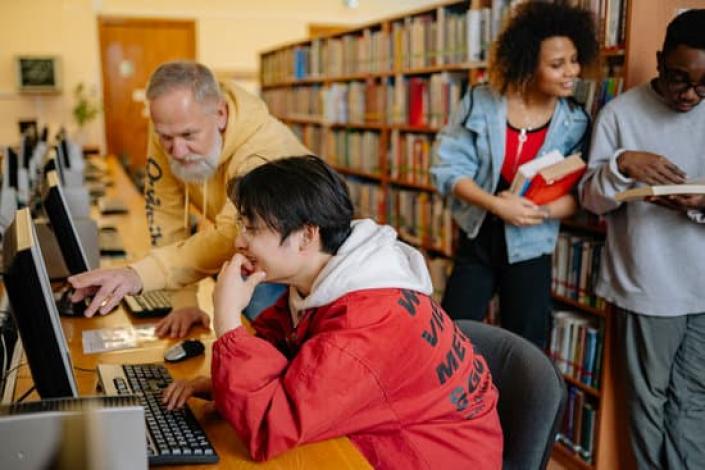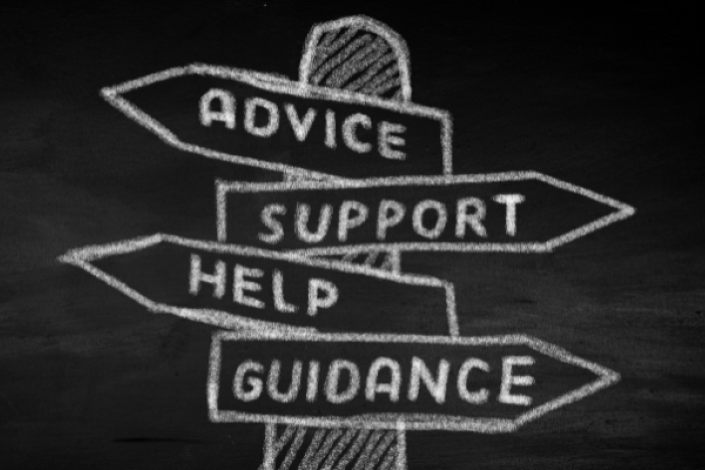LawMatters, for public libraries
This blog is for anyone working in the field of public libraries interested in learning more about legal reference resources and services available in BC. LawMatters is a Courthouse Libraries BC outreach program supported by funding from Law Foundation of BC.
Keep up with the latest news from LawMatters by signing up for email updates!
We strive to make the information posted accurate and current at the time of publication. Please check the publication date as some information may have changed since then.
Access to Justice week 2026, February 2-6
February 2-6 marks Access to Justice (A2J) Week BC in 2026, which provides an opportunity to learn more about and participate in access to justice work being done around the province.This year's theme...
Read moreBC Legal Resources to Help Those Experiencing Gender-Based Violence
The 16 Days of Activism Against Gender-based Violence is an annual international campaign from Nov 25 to Dec 6. The campaign encourages people to speak against and advocate to end violence against wom...
Read moreLawyer Referral Service is Changing!
The Lawyer Referral Service is changing! You may have used this service in the past if your patrons asked you to find or recommend a lawyer for them. Now called the Legal Referral Service (LRS), this...
Read moreMake a Will Week 2025
October 20 to 26 marks Make a Will Week in BC this year. The goal of this week is to make people aware of the benefits of having a will and encourage everyone in BC to make or update their will. This...
Read moreSettlement Claim for Indigenous People Affected by Boarding Homes Program
Orange Shirt Day and the National Day for Truth and Reconciliation fall on September 30th; the day is meant to honour and remember the children who never came home from and the survivors of residentia...
Read more




